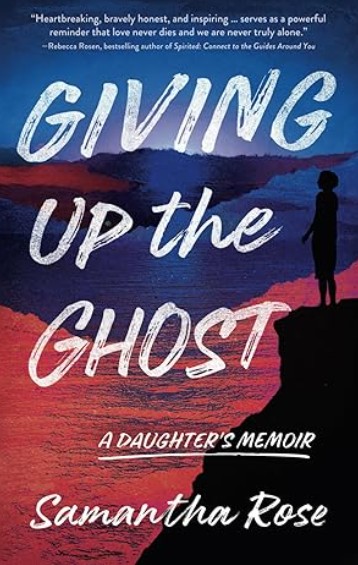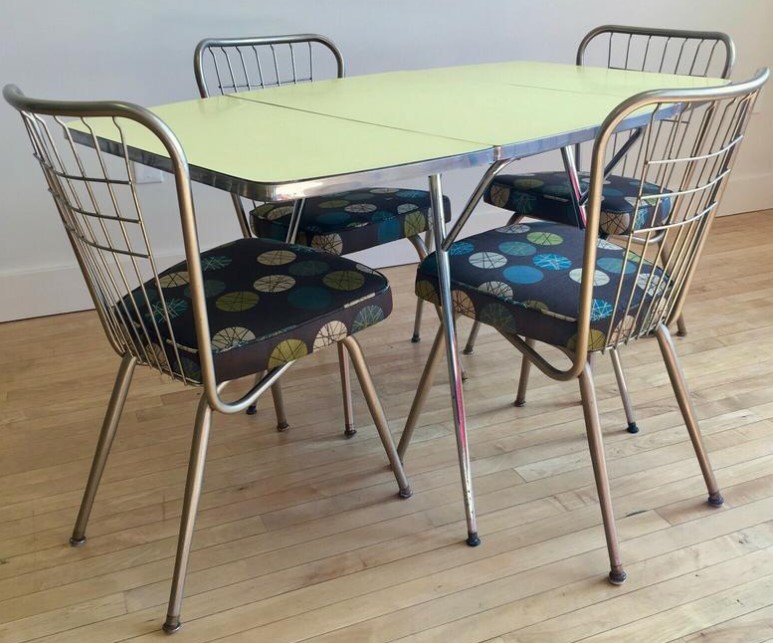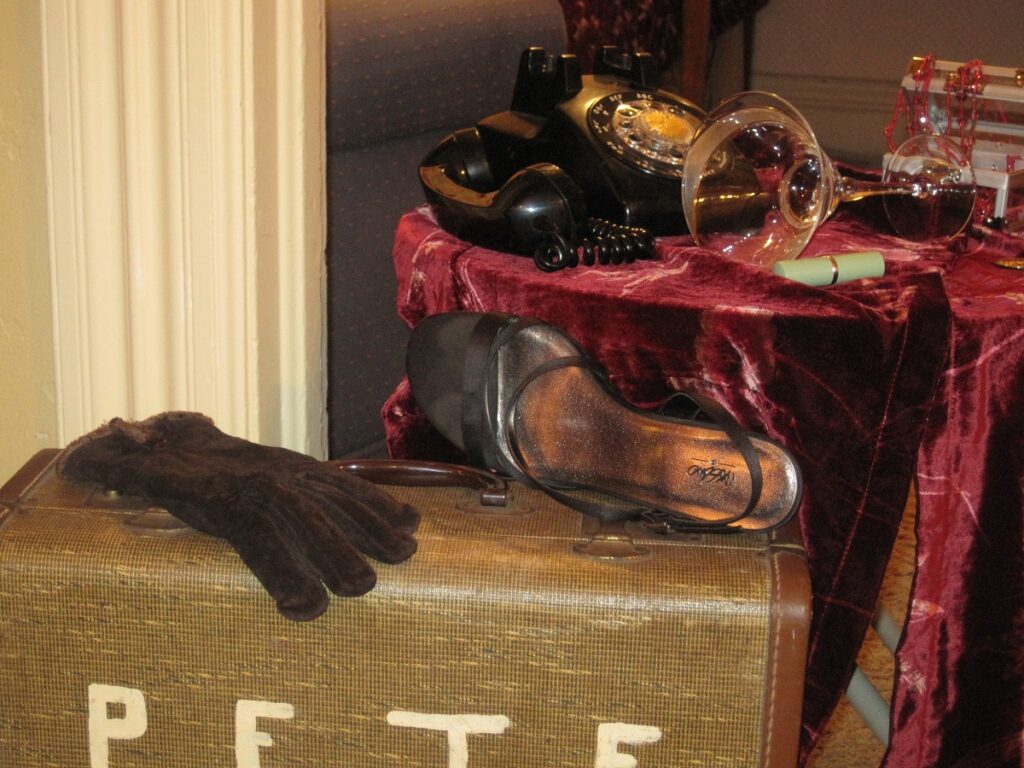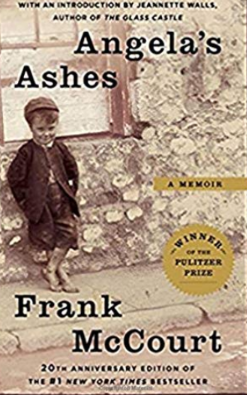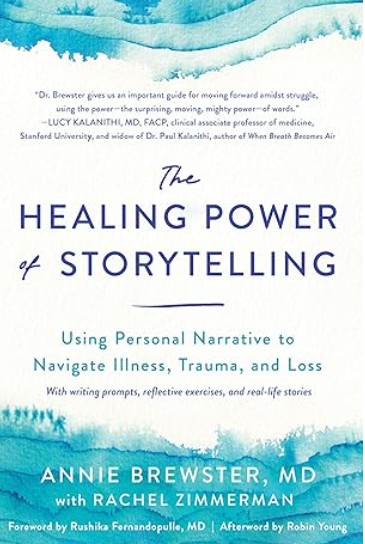
I have re-read a Wall Street Journal article numerous times since its publication, July 2024, partly because of the subject, mostly because of the riveting way it was written . . . the account of the days before and after Rachel Zimmerman’s husband’s death by his own hand.
“As a health reporter, I wrote years ago about a study that showed the psychological benefits of storytelling. I was fascinated by research that found that people felt differently about themselves and their lives when they reframed their stories so that they were agents, not victims or bystanders. Essentially, the story matters less than how we tell it to ourselves.” Rachel Zimmerman, “A Decade Ago, My Husband Killed Himself. Could I Have Stopped it?” The Wall Street Journal, July 6-7, 2024
As Zimmerman wrote, “This is my effort to make sense of something senseless.”
Both Zimmerman and Samantha Rose (Giving Up The Ghost) wrote about extremely difficult subjects with an eloquence that makes their writing and their stories memorable.
The trick to writing about hard topics is to practice self-care while writing.
Tips when writing is challenging:
On The Write Spot website:
How to write about difficult events without adding trauma
Book Six in The Write Spot series: Writing as Path to Healing
Books by Rachel Zimmerman
Us, After: A Memoir of Love and Suicide
Editor/co-author, The Healing Power of Storytelling: Using Personal Narrative to Navigate Illness, Trauma and Loss
“If we write about our pain, we heal gradually, instead of feeling powerless and confused, and we move to a position of wisdom and power.” — Louise DeSalvo, Writing as a Way of Healing
